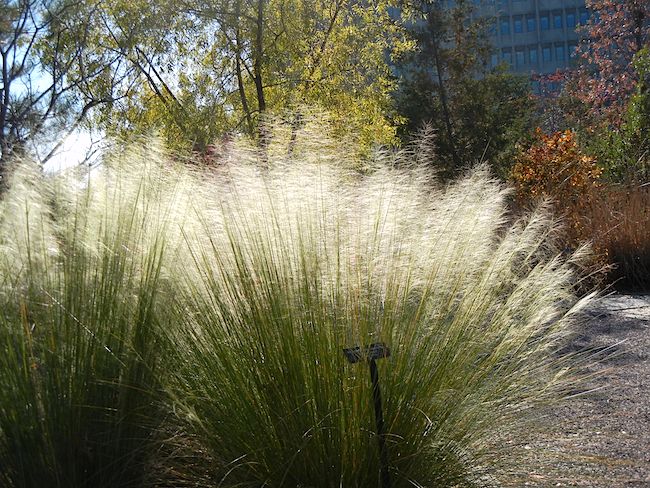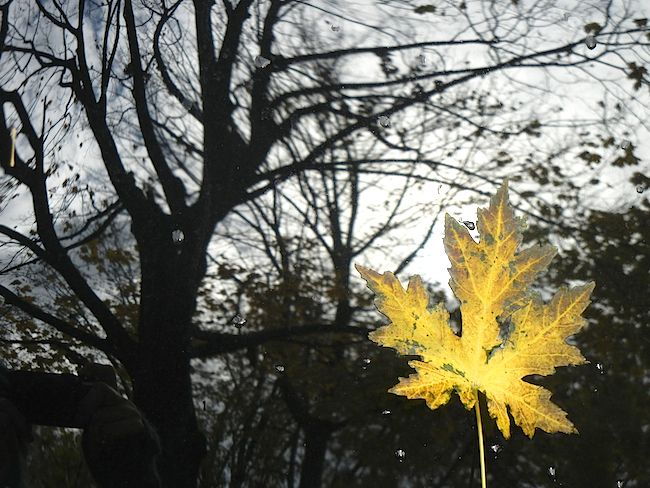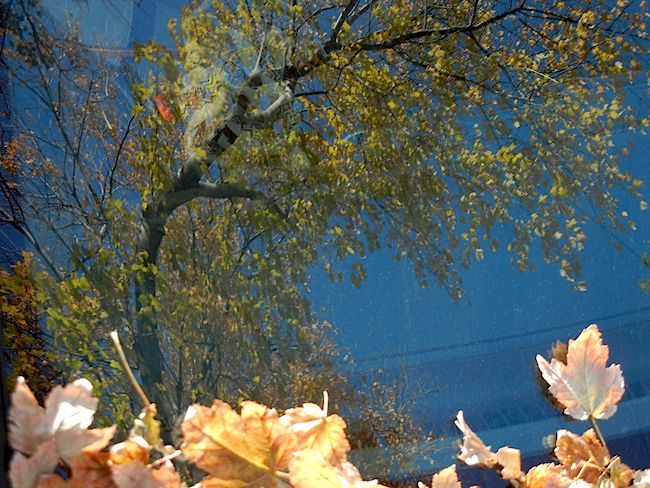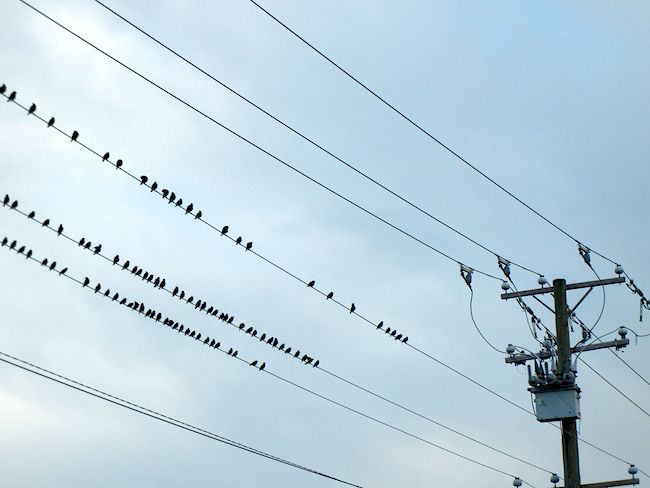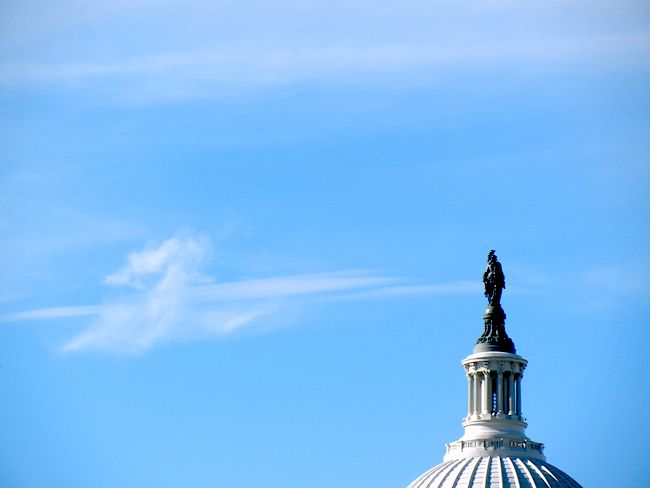
The holidays take their toll on us, physically, mentally and emotionally. They do. Even those who love the season find themselves, at some point, at the end of their ropes.
I'm a romantic, hence I like to imagine that once upon a time, people were not expected to do everything - and celebrate the holidays. I imagine a world in which, during the holidays, ordinary pursuits were put aside to make room for the tasks of gift procurement, gift wrapping, gift giving, card sending, cookie making, tree decorating, carol singing, costume wearing, traveling, partying and the eating of Many Very Rich Foods, the drinking of Insane Drinks Such As Eggnog. (Yuck. Who can drink that stuff?)
It would only be fair if the holidays were the way I imagine they were, once upon a time. It's a fantasy, of course. During the "good old days" people had to get dinner on the table, keep house, take care of the animals and such. The holidays then, just as they are now, were probably both joyous and harrowing, fraught with family drama, exhausting. When I snap out of my romantic illusions, the thought comes to me that on some level, the holidays are the same as they ever were.
Though, it's probably more complicated now than it once was. In 21st century America, not only do we expect ourselves to find and purchase the perfect gift for everyone on our list, but now we're supposed to shop locally, buy gifts that won't hurt the environment, yet still fulfill the expectation of perfection. And we wonder why, by the time New Year's Day rolls around, we're ready to snap.
I don't have any advice about getting through the holidays that you haven't heard a million times. In fact, I have a quarrel with those who suggest moderation. It's ridiculous. The holidays are an ancient human ritual designed to keep us warm and cheerful during the cold, dark nights. The holidays are a sacred drama meant to convey to the gods that we look forward to the return of the light. We're wired to gather, drink too much, get too loud. That we shame ourselves because we participate in this ancient tradition is very sad and only adds to seasonal stress.
My strategy for making it through the season involves remembering my sense of humor. It's also great to keep in mind that the holidays don't last forever, thank god. The cold quiet of January is something I look forward to, even though there is inevitably some degree of detoxification that will take place, especially early in January, the result of coming off the feast foods and drinks.
I find our devotion to the ancient rituals adorable. We homo sapiens are willing, more often than not, to throw ourselves into the fray. Why not? This is the beauty of life lived in a body. We make mistakes, we surely do, but by and large, we are a lovely species.
May your holiday season be enjoyable. May you prevail. Shalom.

